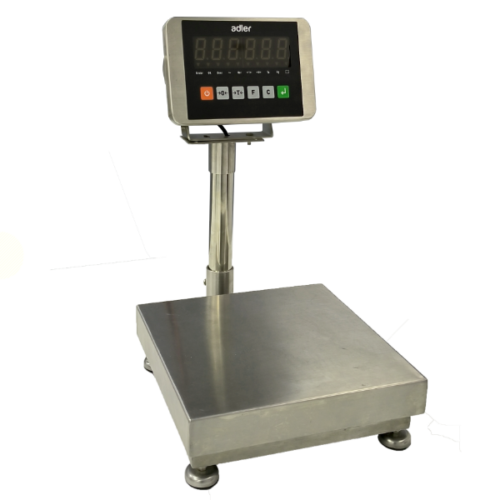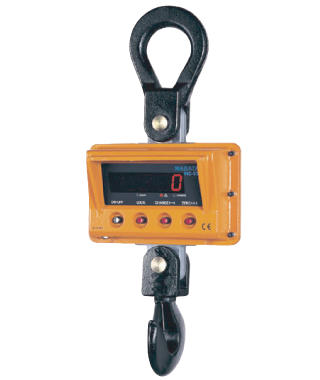Introduction to Weighing Scales
Weighing Scale is a measuring device used for measuring weight of any object. Depending upon the applications the Weighing machines can be divided into Analytical balance, Precision balance and Industrial weighing scale etc. The analytical balances are used mainly in Laboratories for precise and accurate measurement. Precision scales and Industrial scales are used for variety of applications mainly in an industrial set up. The Weigh bridges are used to weigh trucks and trailers.
Importance of Accurate Weighing Scales
The importance of accurate weighing cannot be over stated. Be it for net weight compliance or measuring weights of precious materials or in manufacturing of life saving drugs, the accuracy of the weighing is the critical component in Quality assurance.
- Retail: Adler Label Printing scale, Digi retail scale
- Industrial: Adler Table Top scale, Adler Platform Scale, Adler Floor scale, Crane scales, Weigh bridge


